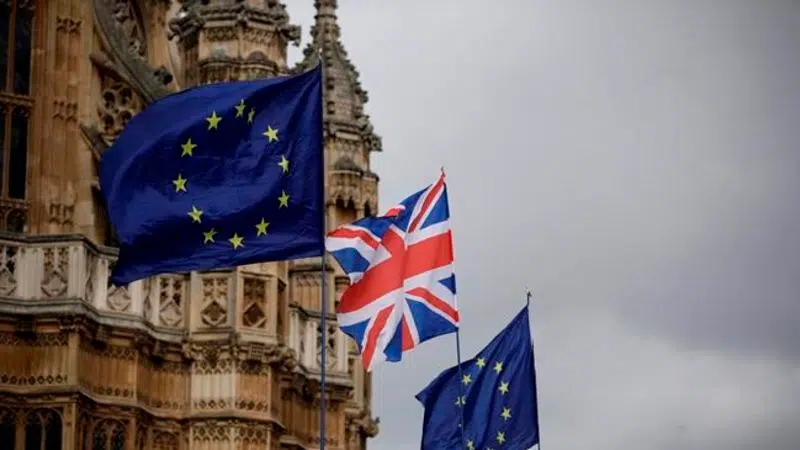
What next? Brexit delay gives UK more time to solve crisis
BRUSSELS — Extra time has been added to the Brexit countdown clock. The European Union has granted Britain a few more weeks to overcome its political deadlock and chart a smooth road out of the bloc — or change its mind and seek a much longer delay.
Here’s a look at what might happen next:
DEAL OR NO DEAL
